
What is depression?
The DSM-5, psychiatry’s diagnostic bible, refers to various conditions that involve feeling sad, inability to experience pleasure, lack of self-worth, inability to concentrate and suicidal thinking, not to mention dysregulated sleep and appetite and movement, though you don’t have to experience all these at once.

But everyone gets depressed, right?
True. We all have our bad days. Also, all of us experience grief and loss and major challenges in coping with life. But all this is considered within the “normal” realm of human behavior. Things change when we lose the ability to function, whether at work or in our relationships or in our own sense of well-being. We are more than just “depressed.” We are not ourselves.

But we can just snap out of depression, right?
Not when we have lost our normal ability to cope. “Self-help” and “self-improvement” are based on the premise that our brains are in good working order. But when the operating system refuses to boot up, the “self-improvement” software refuses to load. There is no snapping out of it.

So depression is a disease of the brain?
In a manner of speaking. More accurately, depression is a failure of the brain in coping with whatever life throws our way. In this context, we are talking about a breakdown in the complex interactions between our biology and our environment.
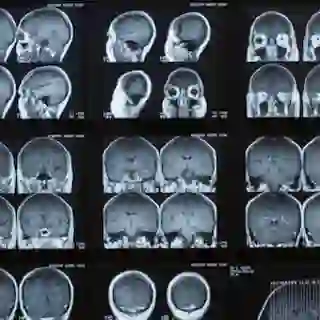
Can you give me an example?
Some individuals may be genetically disposed to over-reacting to stressful situations. Think of this population as “vulnerable” as opposed to “resilient.” Some people are simply hardwired to have a catastrophic reaction to stressful situations, while others see to be able to have stressful situation simply roll off their back time and time again.
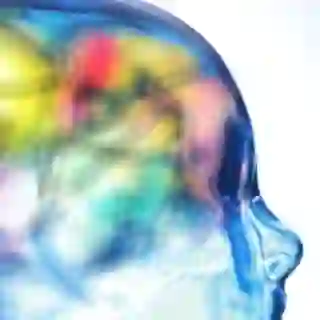
Can you give me an example of "nature"?
Sure. Our “nature” may be a certain genetic predisposition to stress or worry or lack of motivation or whatever other mental state may feed into depression. On a biological level, this may involve a tendency in certain areas of the brain or their connecting circuitry to be overstimulated or understimulated.
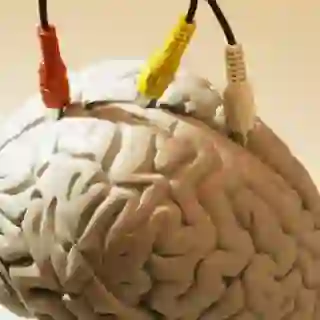
Wait, what do you mean by overstimulated or understimulated?
The limbic system may be oversensitive or undersensitive to what goes on around us. Our frontal cortex may suffer similar deficits. When everything is working right, our emotions tend to kickstart our thinking and our thinking modulates our emotions. When things go wrong, our excess emotions either override our thinking or our excess thinking has a negative effect on our emotions.

Now I’m getting very confused.
Don’t worry. So are the experts. Think of the brain as a complex ecosystem, in this case a mass of 100 billion neurons with 100 trillion connections organized into a whole that interacts with everything that goes on around it. When one thing goes wrong, a lot of things go wrong. The effect is global. This is why it is dangerous to think of depression as simply “a chemical imbalance of the brain.”
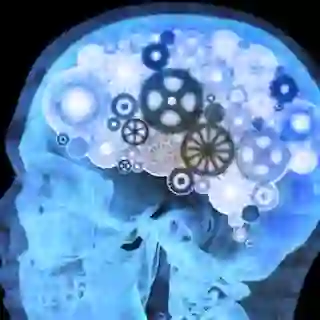
Now I’m totally confused.
Our mental states are dynamic rather than static. Stanford scientist Robert Sapolsky gives the example of a lab rat who loses the ability to control its environment.The rat goes from feeling confident to feeling stressed and anxious. The signaling in the brain changes. The rat keeps struggling, to no avail. More brain signaling changes. The rat now gives up, despairs, becomes despondent - depressed.

Can you give me an example of “nurture”?
Sure. Imagine you are a human version of that same lab rat, only your cage is your cubicle at work. You are in a high-stress environment, but you experience little control. You are at the mercy of demanding superiors. This, incidentally, is one of the scenarios of the famous “Whitehall Study,” a series of studies of the English civil service that began in the 1960s and is still ongoing.

I’m following you so far.
Here you are in your cage in “Whitehall.” Your lack of control over your environment is leading to lack of control over your brain. Our brains typically recover from acute stress, but chronic stress is a different story. Over time, neurons atrophy. Neural networks whither. Medical intervention may offer a short-term fix, but eventually you are going to have to change your environment.

That is often easier said than done.
Precisely. This is why depression can be so frustrating. There is no pill to make the bad things in life go away. Nevertheless, we are not powerless, and taking medication for treating depression can help a great deal.
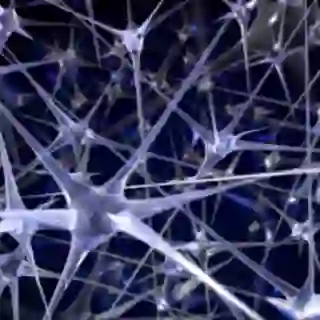
In what way?
Our thoughts and emotions and perceptions are mediated by our biology, but our biology is not the be-all and end-all. The simple knowledge that our brains are vulnerable to our environment is a very strong incentive to change our environment, or to at least change our routines so we can better function in our environment.

Change our routines? How?
There are no pat answers, but as a general rule we need to give our brains time to heal. This may involve building ironclad “quiet times” into our days or periods where we simply stop and smell the roses. I can cite many more examples, if you’re interested.
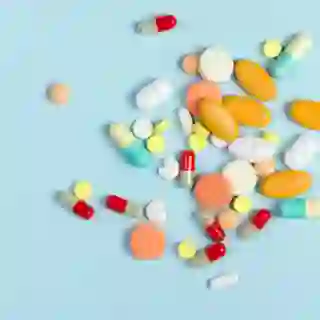
Just tell me how antidepressants fit into the picture.
Recovery is often a nonstarter without a medical assist. Having said that - once you find yourself on your feet, you may find that your antidepressant works best when you learn to manage your environment.

I have a few more thousand questions.
Later. I’ve been sitting behind a keyboard in a dark room for several hours. The sun will be going down soon. It is a perfect evening. I’m going to take a walk. No Whitehall cage for me.